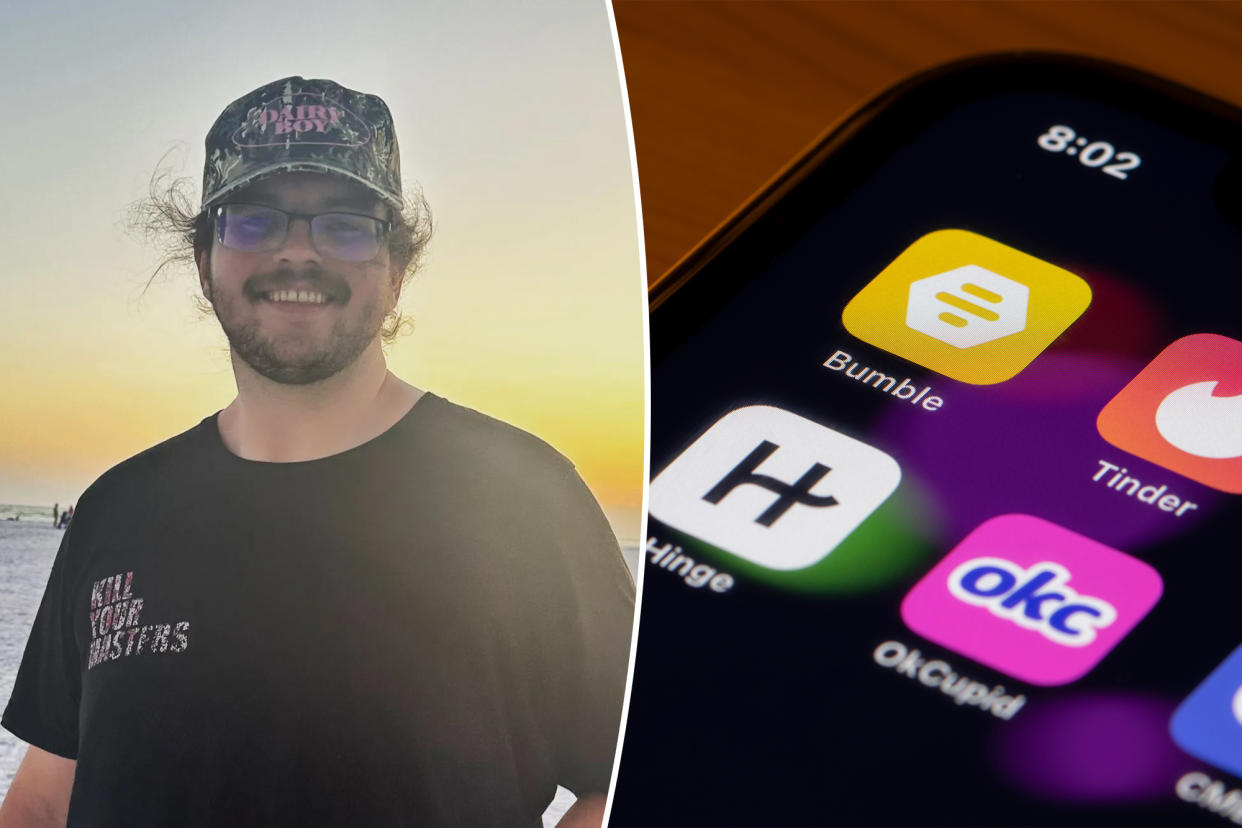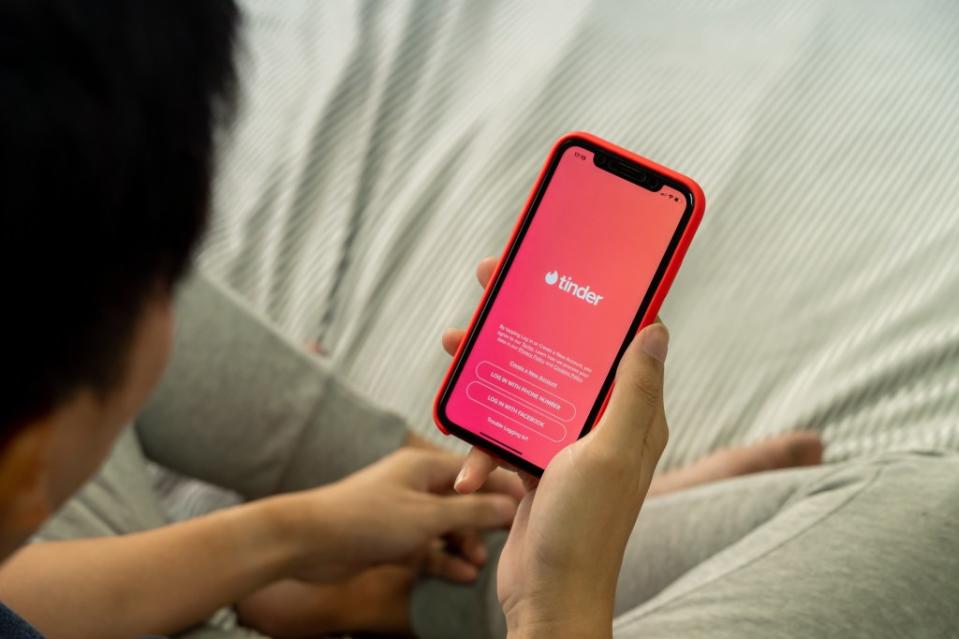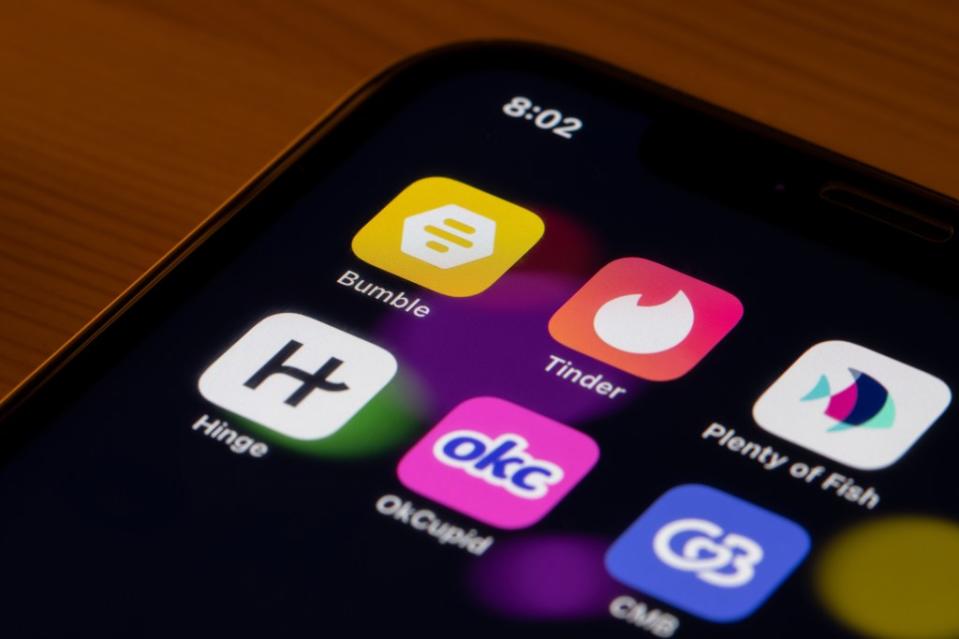I had to get therapy for my Tinder addiction — I was swiping on 500 women a day to feel validated

A British man says he had to seek treatment for his Tinder addiction after swiping on 500 profiles per day.
Ed Turner, 27, confessed to obsessively using the popular dating app simply for the rush he would feel when members of the fairer sex “liked” his profile — and that he had no intention of actually meeting any of the women or finding a girlfriend.
“If a person didn’t respond to me or didn’t message me in the first place it would crush me,” Turner told British publication i News. “I would get highs when I was getting a lot of matches with people that I found attractive but it would always be followed by a crash because it’s not sustainable.”
“Validation from others was the only thing keeping me going,” he candidly added.
Hooked on Tinder, Turner also downloaded dating apps Hinge and Bumble, swiping on every profile he could.
The Brit said he only matched with “around five percent” of the women, with even less starting a conversation with him.

Even still, Turner was regularly talking to 10 ladies at a time, and spent his days waiting for the women to reply.
“Since I was swiping right on everyone and fully engulfed in the ‘game.’ I lost all sense of self,” he painfully admitted. “Dating apps turned sex, communication and love into an actual game and distorted reality.”
With no actual intention of meeting any of his matches, some conversations quickly fizzled out, leaving the Brit feeling dejected.
“Those apps affected my entire mood and personality,” Turner declared.
“I could never tell you what I was really looking for,” he declared. “It got to the point where I was like, ‘Right I have to ask this person on a date otherwise they’re going to stop talking to me.”
“I knew eventually I’d have to talk to people about going on an actual date. When it got to that point, I was almost uninterested.”
Turner eventually ended up in a relationship with a woman he met offline — but he still couldn’t quit thinking about the apps.

“It made me feel like a bad partner. I didn’t do anything and I never talked to women while I was in that relationship but it had an effect on me,” he said. “That high was gone.”
After the end of that relationship, Turner turned to Tinder again.
He ended up in therapy where he was diagnosed with borderline personality disorder and depression.
And while he has quit the apps, the singleton struggles to stay off them, suppressing an insatiable urge to start swiping again.

Turner is far from alone in his dating app addiction.
Match Group, the parent company of Tinder and Hinge, are the subject of a current class action lawsuit from jilted users who say the apps are designed to trap them in an endless spiral of swiping, rather than helping them find a relationship.
The plaintiffs say Match’s “predatory” business model defrauds those looking for love and fearful of missing out with an algorithm that rewards “compulsive use” of its platforms.

